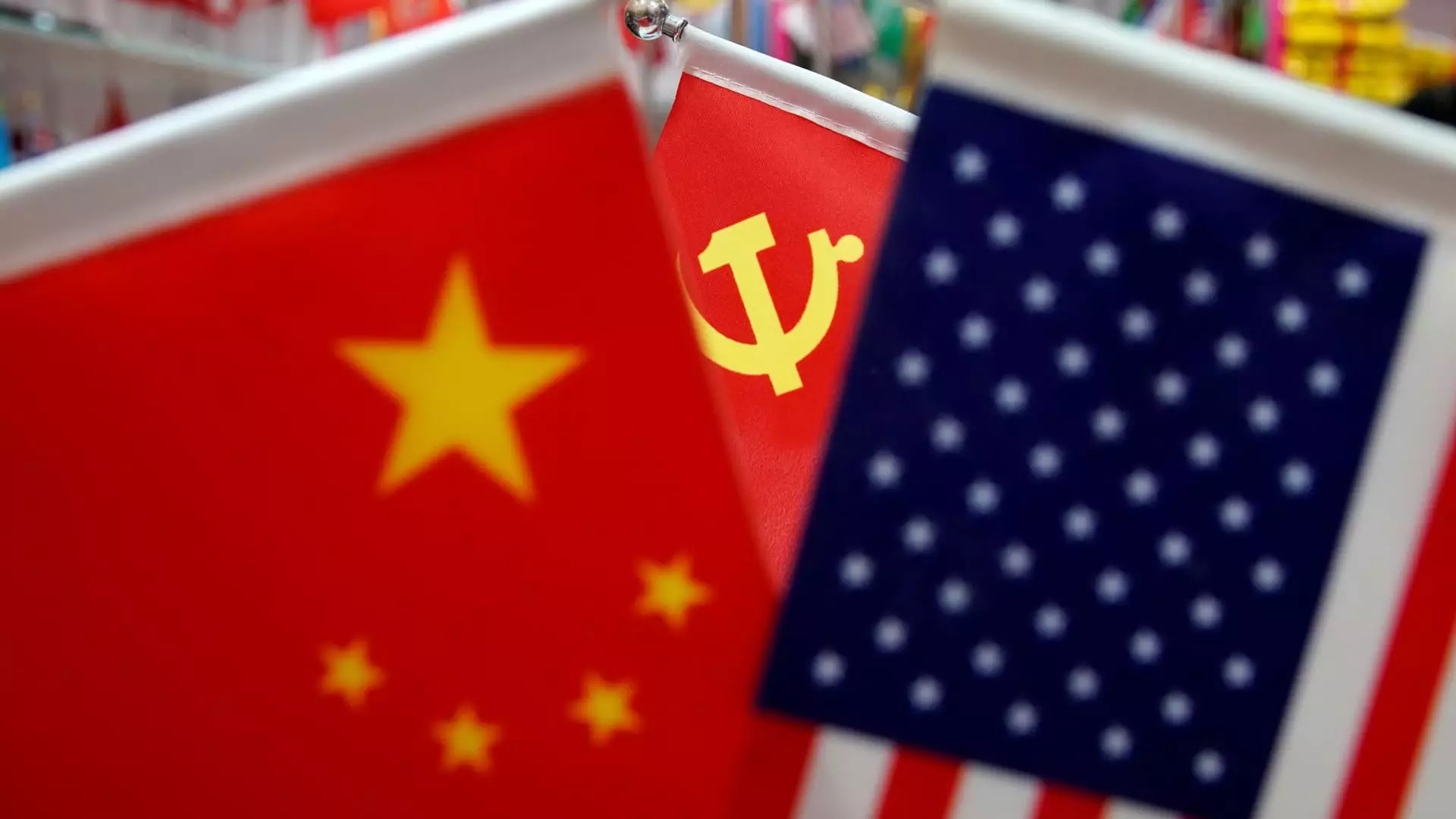In the wake of Donald Trump’s election and the anticipated shake-up of U.S.-China relations, Chinese Vice Premier He Lifeng’s recent meetings with prominent U.S. financial executives signify a strategic effort by Beijing to maintain economic ties amid looming trade tensions. This article delves into the implications of these discussions within the broader context of international economic relations and the evolving landscape of global finance.
Over the past month, Vice Premier He Lifeng has held high-profile meetings with key figures in American finance, including Larry Fink of BlackRock, John Waldron of Goldman Sachs, and Citigroup’s Jane Fraser. These interactions reflect a calculated move by the Chinese government to foster relationships with decision-makers in U.S. finance amidst the storm of impending tariffs and protectionist policies proposed by the Trump administration. Experts suggest that such back-channel communications are integral to China’s diplomatic strategy, allowing it to navigate potential challenges by building rapport with influential U.S. stakeholders.
Peter Alexander, a consultant familiar with Chinese operations, underscored the necessity for China to connect with incoming U.S. leaders. By engaging with well-established financial institutions, Beijing aims to secure a voice in the ongoing discourse about future trade policies, particularly as the financial sector braces for the anticipated impacts of Trump’s aggressive economic stance.
The composition of Trump’s Cabinet, featuring several billionaires and finance experts, has led to speculation about the possible influence these individuals may have on trade policy. Notable Cabinet members, including hedge fund manager Scott Bessent and Cantor Fitzgerald CEO Howard Lutnick, are seen as potential moderating voices against stark protectionism. Clark Packard from the Cato Institute observes that there is concern within the Treasury Department regarding the possible detrimental effects of aggressive trade policies on U.S. markets.
Moreover, it is understood that the stability of financial markets is a pivotal factor that could dissuade Trump from pursuing excessively harsh trade measures. As the stock market approaches another year of significant gains, the link between financial health and policymaking may keep the administration cautious in its trade approach.
In the context of these discussions, Chinese officials are acutely aware of the need to prepare for worst-case scenarios. As articulated by Zongyuan Zoe Liu from the Council on Foreign Relations, China is balancing assertive economic strategies with flexibility in its international relations. The combination of inviting Wall Street executives for discussions and implementing export controls on vital resources exemplifies this nuanced approach to economic diplomacy. Nonetheless, Liu cautions that the influence of financial institutions on trade policy outcomes may be limited; profit motives will often supersede political considerations.
Additionally, the Chinese government perceives foreign capital influx as essential support for its domestic markets. State media has emphasized that engaging with foreign financial leaders signals a commitment to opening up its markets further, which could serve to attract long-term institutional investment. This strategy indicates a conscious effort to dovetail China’s economic growth with a cooperative international financial environment.
The financial relationship between the U.S. and China has reached unprecedented levels of complexity and interdependence over the past two decades. Winston Ma of NYU posits that when cooperation prevails, it fosters mutual prosperity. Conversely, a breakdown in these relations could lead to what he terms “mutual assured destruction,” a nod to Cold War-era deterrence theory. As both nations navigate this delicate balance, the outcome of their interactions will significantly influence not only economic growth but also geopolitical stability.
The recent meetings between Chinese Vice Premier He Lifeng and U.S. finance executives exemplify China’s proactive approach to safeguard its economic interests amid heightened tensions with the United States. The inclusion of influential financial leaders in U.S. policy-making may provide a crucial counterbalance to protectionist rhetoric, highlighting the intricate dance of diplomacy required to maintain stability within the global economic sphere. The future of U.S.-China relations will depend on this ongoing dialogue, and both nations must strive for a framework that recognizes their mutual dependencies.

